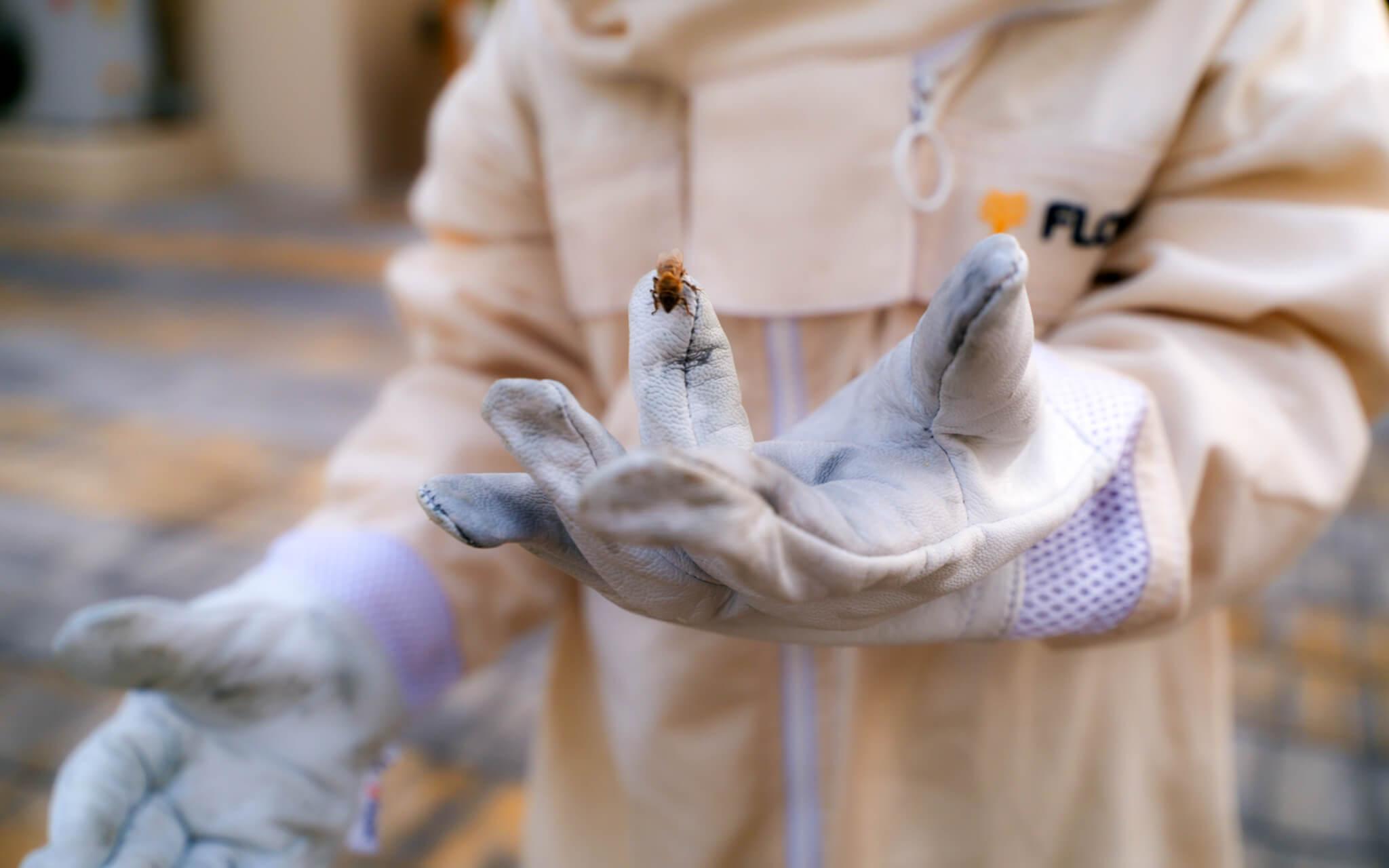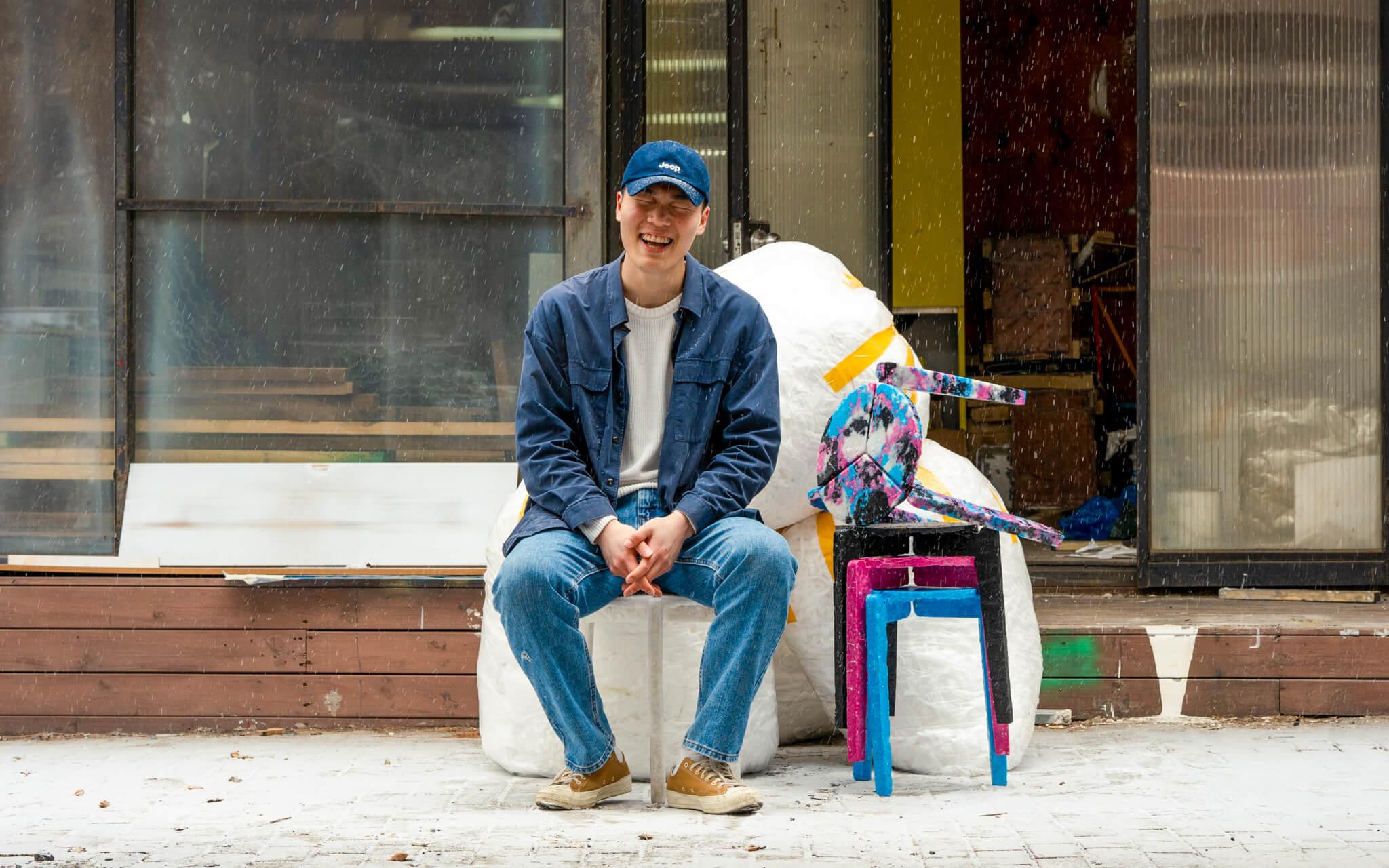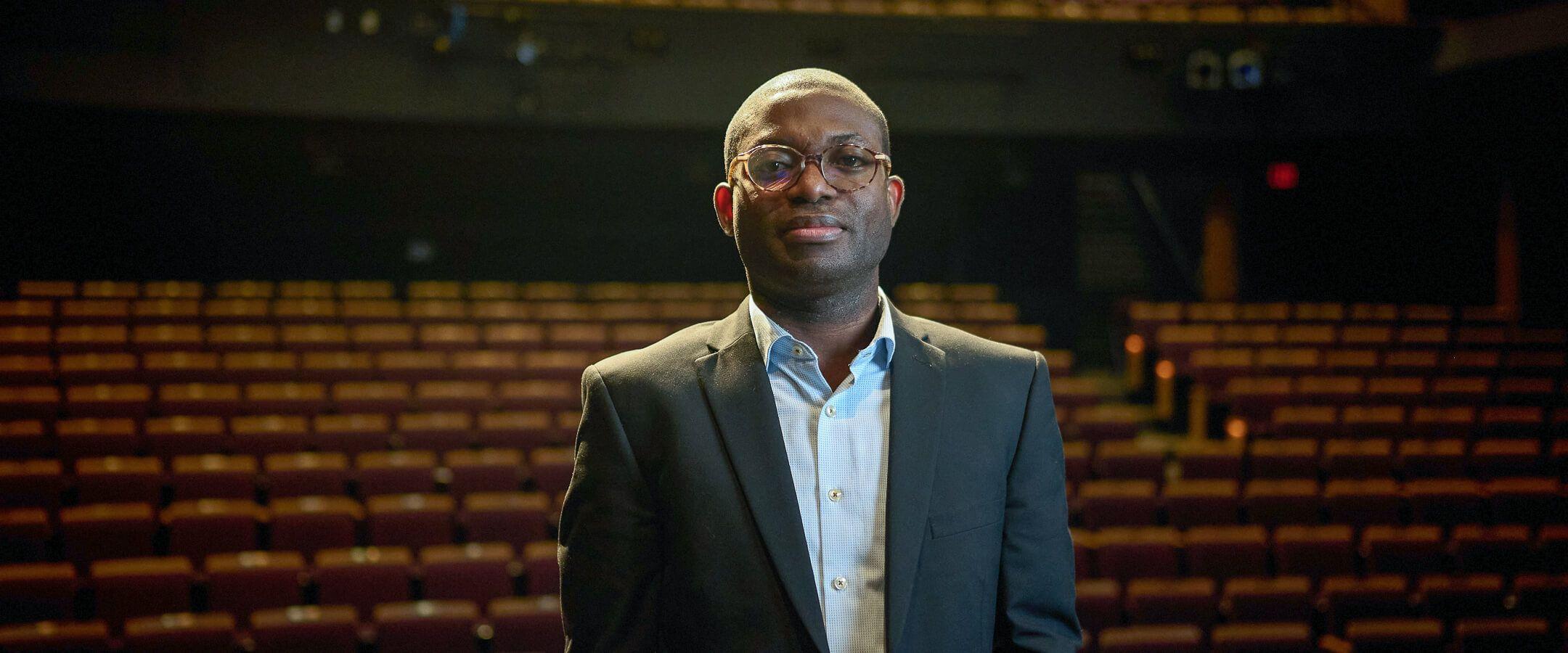Africa’s Sisters of Sunlight
A sisterhood of grassroots clean energy entrepreneurs is lighting up millions of African households and paving the way to an empowered future.
Olasimbo Sojinrin grew up in a city that would plunge into darkness without warning, their power sources failing nearly every day. It was the glow of the torchlight that helped Olasimbo to pursue her dreams. During the 1980s in Lagos, Nigeria, electricity was hard to come by, and candles, her mother had decided, were too dangerous. A single unattended candle had caused her client’s house to burn down with sleeping children in it.
“We had to plan our lives around just these few hours of energy. Things like storing food or just doing daily activities in our home became challenging,” says Olasimbo, who used to crouch by the light for schoolwork. “At night, you could see the flicker of flames in different homes, where people are gathering around the fire, especially students trying to do their homework, inhaling it and straining to see.”
“I always used to think there has to be something better - a better solution to this.”
Even today, over 600 million people across Africa lack access to electricity. Without burning kerosene, oil, paraffin lamps, charcoal stoves or candles that spew carbon-heavy toxic fumes, students cannot do their homework, families struggle to cook, shops shut early, and roads become unsafe.
Despite the challenges of this daily chaos, Olasimbo had a vision. As a young geography enthusiast, eagerly poring over maps with a rope and a ruler in her hand and thrilling adventures on her mind, she would eventually lead the geography school club, teach peers about climate change and finish an environmental degree.
Moreover, as the daughter of Bisi Olateru-Olagbegi, a renowned women’s rights advocate in Nigeria, Olasimbo embraced her mother’s bold feminism, combining her interests in gender justice and the environment throughout her career.
“Solar Sister is a network of women entrepreneurs that distributes clean energy products in underserved communities across Africa. We distribute Pico solar lanterns, solar home systems, and clean cooking solutions in communities in Kenya, Nigeria, and Tanzania,” explains Olasimbo. She started the organisation's Nigerian operation in 2014 and is now its Chief Operating Officer, managing teams around the world.
We're working at the nexus of energy access, climate action, and gender equality because we believe that the challenges of climate change and energy poverty disproportionately affect women.
Founded in 2010 by Katherine Lucey, Solar Sister now includes more than 10,000 women whose products have reached more than 4.6 million people across Kenya, Nigeria and Tanzania. These entrepreneurs have also mitigated over 1.6 million tonnes of CO2 emissions and generated over $300 million in profit for off-grid communities.
“We're working at the nexus of energy access, climate action, and gender equality because we believe that the challenges of climate change and energy poverty disproportionately affect women,” she says. Women in Africa can spend up to 18 hours per week collecting fuel for cooking and heating, reducing their time for social and economic activities. Toxic indoor pollution from these cooking fuels also causes over 3.7 million premature deaths worldwide annually. Olasimbo says, “If you ask my grandma - do you smoke? She'll tell you, oh no, I've never smoked in my life, smoking is bad. But she's inhaling the equivalent of packs of cigarettes just by cooking three meals a day.”
Burdened with a reliance on natural resources and limited access to education and employment, women suffer the most when climate disaster strikes.
“Our organisation’s premise is that women should be solution providers and not victims of the challenge,” Olasimbo explains. “We've seen that when a woman is economically empowered, she uses the funds for the entire family.”
In a unique grassroots model, the organisation builds trust in communities, identifies potential entrepreneurs and supports them with training and development.
“There’s a sisterhood group that meets and train sessions every month. It's not just about bringing people in, but it's about recruiting, nurturing, coaching and mentoring these entrepreneurs,” she says.
And for millions of women around the world, When a Solar Sister is born, she lights up her family and community.
Comfort, a teacher from Nigeria’s Akwa Ibom state who’d seen her students struggle with completing their schoolwork in the dark for years, is now supplying and advocating for clean technologies locally, becoming a ray of hope for her school.
The business angle is clear: “If we do the simple math, you’re buying a single candle every day for a month, but if you aggregate that money, you could buy this solar lamp that could last you five years.”
As Olasimbo has travelled for field visits over the years, helping the sisterhood expand to 30 of Nigeria’s 36 states, and now overseeing global operations, her childhood dreams of adventure have come to life.
Her favourite part? “It's waking up every day knowing a woman is economically empowered because of this opportunity, bringing light and hope to communities that need it the most. It's like being part of an adventure where every day is a new chapter filled with inspiring stories of resilience and change.”
Olasimbo still pores over maps sometimes, now digital data-fortified maps looking at the demographics and energy needs within one square mile of communities in the countries they operate in.
The vision she now runs toward is one where a Solar Sister can benefit at least 5% of the 600 million people living without electricity.
A world of sunlit, prosperous communities and clean energy.
Most Popular
The Climate Tribe delivers stories about Biodiversity and Conservation, Circular Economy, Food and Water , and how they intersect with climate.
Subscribe
Get the latest stories inspiring climate action around the globe straight to your inbox.






